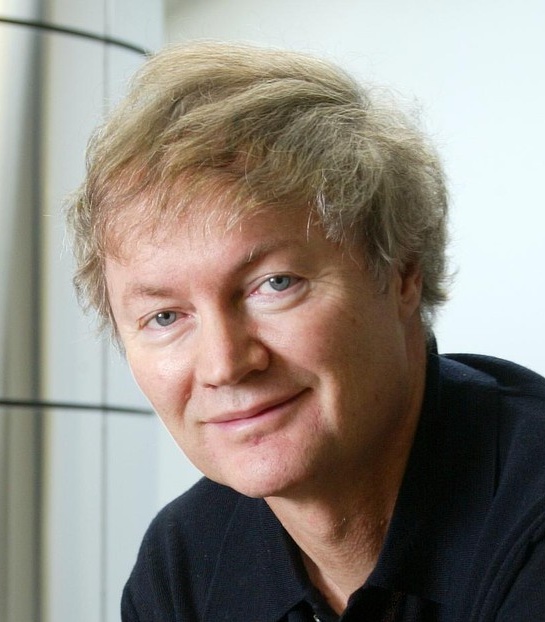Nankai's Two Professors Elected as Academicians of the Chinese Academy of Sciences
The Chinese Academy of Sciences announced its results of the biennial election of added academicians on 18 November. Bu Xianhe, a professor at School of Material Science and Engineering, Nankai University, was elected as the academician of the Chinese Academy of Sciences. Recommended by Nankai University, Prof. Michael Grätzel, a part-time professor at the College of Electronic Information and Optical Engineering, was elected as the foreign academician of the Chinese Academy of Sciences.

Prof. Bu has long dedicated himself to the chemistry study of functional coordination compounds and made original achievements in the study of function-oriented construction of coordination polymers and their micro-structure control and properties. He developed an approach to control micro-structure of coordination polymers under ligand guidance; discovered a new mechanism for dynamic behaviors to construct a new type of smart materials; and paved a new way for coordination polymer application studying. As the corresponding author, he has published over 500 academic papers in many periodicals, for instance, J. Am. Chem. Soc., Angew. Chem. Int. Ed. and Adv. Mater and got more than 20,000 citations. He has continuously been selected on the list of ELSEVIER's Chinese Highly Cited Researcher since 2016. In addition, he is the chief editor of one monograph, Coordination Polymers Chemistry (published by Science Press, with 2.4 million Chinese characters), the assistant editor of one textbook, Coordination Chemistry, and the co-editor of other 6 monographs and textbooks. Moreover, he obtained more than 30 Chinese patent licenses for invention.
He serves as the member of Chinese Chemical Society (CCS) and Chinese Crystallographic Society (CCrS), the director of the Technical Committee for Crystal chemistry, CCS, the member of three committees under CCS namely Discipline Committee for Inorganic Chemistry, Technical Committee for Molecular Sieve and Technical Committee for Photochemistry. He is the assistant editor of Chinese Chemical Letters (CCL) and Chemical Journal of Chinese Universities, and the member or advisor of editorial committees for many periodicals such as Scientia Sinica (Chimica), Chinese Journal of Chemistry, Chinese Journal of Inorganic Chemistry, Chinese Journal of Structural Chemistry, Science & Technology Review, Chinese Journal of Applied Chemistry, Dalton Trans. and Aggregate.
The foreign academician of the Chinese Academy of Sciences
Professor Michael Grätzel

Regarded as the Father of dye-sensitized solar cells, Professor Grätzel has long dedicated himself to the innovative research into dye-sensitized solar cells, perovskite solar cells and solar fuel, and has made remarkable achievements. In 1991, he invented sensitized mesoscopic solar cells, which achieved IPCE of >7% at a lower cost, marking the beginning of a new epoch for the development of solar cells. Then he kept making breakthroughs in the increase of IPCE. In 2021, the efficiency of dye-sensitized solar cells based on SSE made from copper-based Redox was approved over 13% with IPCE >30% in the indoor light. What's more, the fast-growing perovskite solar cells with IPCE > 25% so far, which benefits from the dye-sensitized solar cell development, has greatly outperformed multicrystalline silicon solar cells for less than a decade. Also, the professor led the applications of mesoscopic photosystems to solar fuel. In 2014, he was the first to apply the perovskite solar cells to water splitting and achieved 12.3% of hydrogen evolution, setting a world record of hydrogen production by water photoelectrolysis.
So far he has published over 1650 academic papers in periodicals, for instance, Nature and Science and received 410,000 citations in total, The highest citation of his paper can reach over 30,000, 280 h-index (Google Scholar). In the scientist ranking campaign hosted recently by Stanford University, Professor Grätzel took the first place among the top 100,000 scientists in different kinds of fields. He obtained over 50 patent licenses and received more than 30 world-class awards.
(Reported by Fu Kun, edited and translated by Nankai News Team.)









